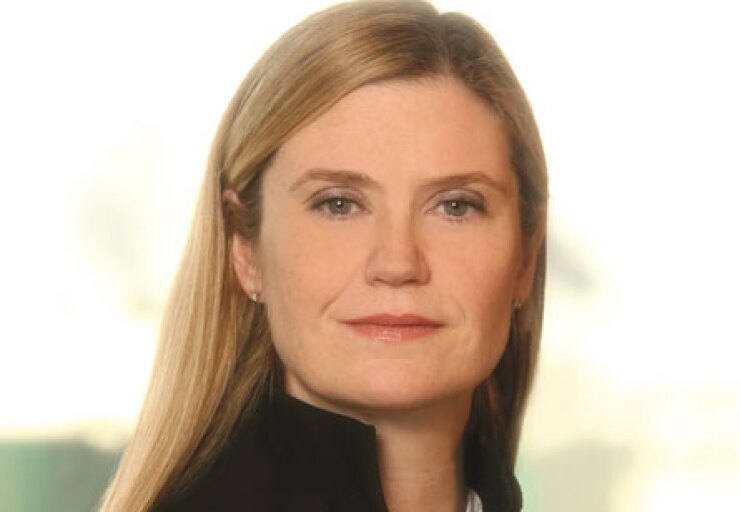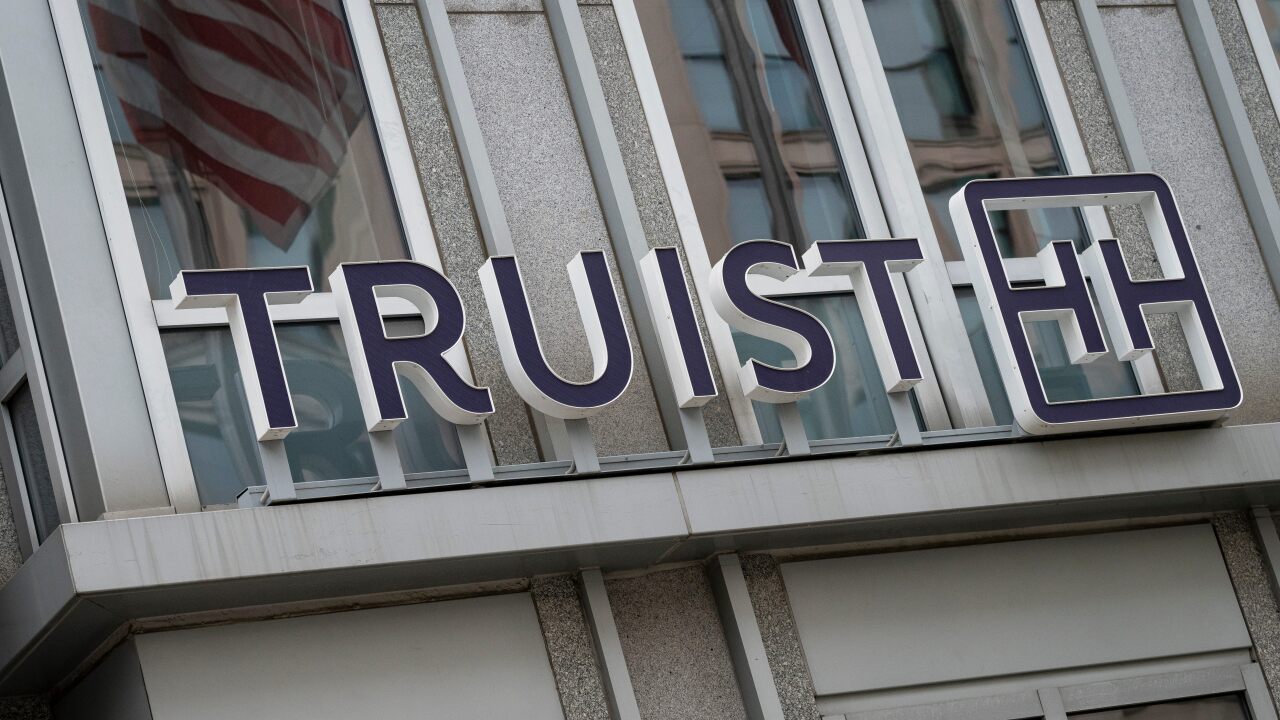Wall Street Journal
Report due: A Treasury Department report that outlines "a
The report "is harshly critical of the Consumer Financial Protection Bureau and recommends that the bureau be stripped of its authority to examine financial institutions," the article notes. The report also contains a big section on the Volcker rule, although it stops short of calling for a repeal, and recommends that banks with less than $10 billion in assets be exempt from it.
The future isn't now: "
Financial Times
High returns for the common man: Low returns on savings accounts and fears of an overpriced stock market have "paved the way for peer-to-peer lending to emerge as a new asset class for
Eastward, ho!: Deutsche Bank Wealth Management is
Time bomb?: Amazon's entry into the small-business lending market isn't likely to engender much sympathy for banks, the paper's editors say. "After a decade of financial scandal and billions of dollars of fines, few will care very much if ecommerce giant Amazon ramps up its loans business
But do non-financial companies like Amazon necessarily make smart lenders, especially when it comes to judging credit quality? "Amazon's $3 billion of loans are unlikely to cause it trouble," the editorial notes. "But in a decade's time? Too much money chasing too few borrowers tends eventually to result in poor lending decisions. Banks are cautious about lending to small businesses for a reason: they are risky." Amazon and other fintech companies may find that out, too.
New York Times

Lady in waiting?: The Breakingviews column says JPMorgan Chase "is
One possibility, it says, is CFO Marianne Lake, "who has shone as finance chief and is well known to investors. She, though, has never run a major business. Handing her the reins to the chief investment office, which she will take over from Mr. Zames, is a start. If Mr. Dimon gives her a larger profit and loss to manage, it will send a strong signal that she is the next anointed one."
Not amused: Bank of America, along with Delta Air Lines, dropped their support of New York's Public Theater production of Shakespeare's "Julius Caesar" following "intense criticism" of the play, which presents "the assassination of a Trump-like Roman ruler." The bank said it
Quotable ...
"Paying electronically with no card or no money





